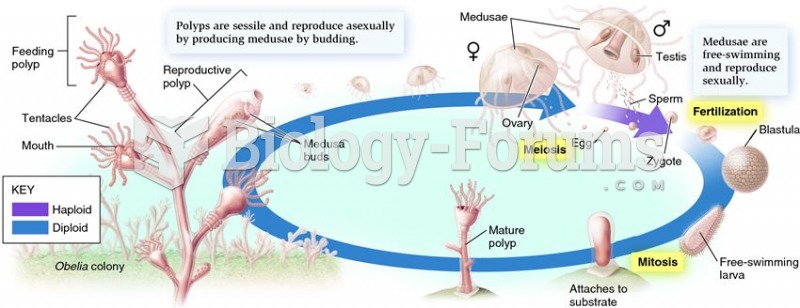Dayle Lynn Johnson operated the Village Pub, operating on the ground floor of a colonial-style house.
The upper stories were Johnson's living space and storage. Johnson's closely regulated business required a liquor license and was subject to inspection by agents of the liquor licensing authority. Maine's drug agency (MDEA) received information that marijuana was being cultivated on the Village Pub premises. Also alleged was that Johnson began unauthorized renovations of the pub's bathrooms that required approval from the liquor inspectors and/or the state fire marshal. Agents of the MDEA, the liquor board and the fire marshal agreed to have regulators inspect the pub, and if they detected marijuana, bring in MDEA agents, who had a draft search warrant affidavit. This was done and marijuana leaves were found by the fire marshal on the third floor landing of the stairwell that connected the three floors of the building, not in the Pub. No administrative warrants were obtained. Knowledge of the marijuana was the basis of criminal search warrants which were executed, finding evidence that led to a conviction for possession.
Was the administrative search of the pub appropriate without an administrative warrant? (2) Was the search of the premises for drugs invalid as a pretext administrative search? (3) Was the fire marshals' inspection, during which marijuana was found, appropriate as a third party who aided in the execution of the warrant? (4) Did the scope of the search exceed the lawful scope of the administrative searches?
What will be an ideal response?
Question 2
What is the inner circle concept of media within police subculture?
A. Media that have worked with police extensively and can appreciate their perspective
B. Media that are actually staffed by former police members
C. Media that are privy to secret police information before the mainstream media
D. Media that only release information that casts the police subculture in a positive light






